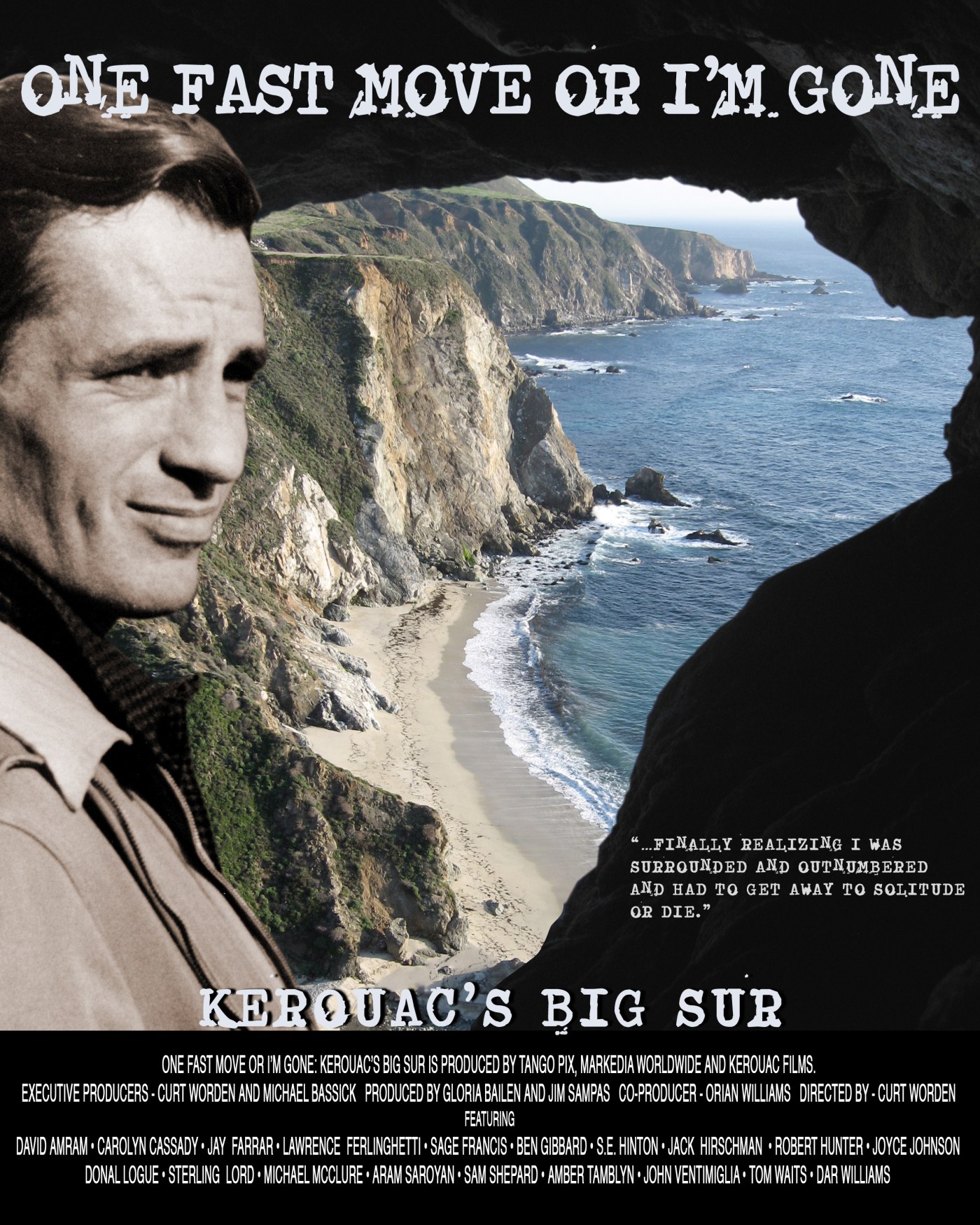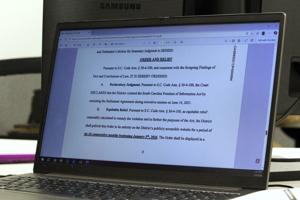UMass Lowell has officially acquired the Curt Worden and Gloria Bailen-Worden “Kerouac’s Big Sur” Documentary Archive. This significant addition, facilitated through the Center for Lowell History and the Jack and Stella Kerouac Center for the Public Humanities, reinforces the university’s stature in Kerouac studies while celebrating the lasting impact of Jack Kerouac on American literature and culture.
Significance of the Archive
The archive is derived from the acclaimed documentary film “One Fast Move or I’m Gone: Kerouac’s Big Sur,” released in 2008. The film explores Kerouac’s complex relationship with fame through the lens of his novel “Big Sur,” written after the success of “On the Road” in 1957. Jim Sampas, the literary executor of Kerouac’s estate and a producer on the film, described it as “arguably the best Jack Kerouac documentary to date.” He emphasized that “Big Sur” is Kerouac’s most courageous work, offering an unflinching look at the emotional toll of fame.
The archive comprises around 30 long-form interviews with notable figures from the Beat Generation and beyond, including Lawrence Ferlinghetti, Michael McClure, and Carolyn Cassady. It also features prominent American authors like Sam Shepard and S. E. Hinton, as well as musicians such as Tom Waits and Patti Smith. Younger artists, including Jay Farrar and Ben Gibbard, also contribute their insights, adding depth to the collection.
A Rich Resource for Scholars and the Public
In addition to interviews, the archive includes production outtakes, photographs, business records, original music recordings, and promotional posters. These materials provide a comprehensive behind-the-scenes look at the documentary’s production and Kerouac’s enduring legacy. Curt Worden and Gloria Bailen-Worden, who directed and produced the film, have entrusted these materials to UMass Lowell’s permanent Jack Kerouac Archive, which is accessible to the public.
According to Michael Millner, Associate Professor of English and American Studies at UMass Lowell, the film not only showcases Kerouac’s artistry but also underscores his extensive influence on American literature, music, and culture. Paul Marion, editor of “Atop an Underwood,” remarked on the exceptional quality of the film’s music, stating, “The chorus of significant figures from the Beat world provides a rounded understanding of Jack Kerouac in the West.”
The newly acquired documentary archive enhances the existing Jack Kerouac Archive at UMass Lowell, which consists of 16 distinct collections. These collections include literary manuscripts, personal correspondence, sound recordings, interviews, photographs, and cultural artifacts that illuminate Kerouac’s life and his roots in Lowell’s French Canadian community.
Worden and Bailen-Worden expressed their enthusiasm: “We are thrilled to have the University of Massachusetts Lowell as stewards of this trove of materials honoring Kerouac’s literary legacy. This permanent home provides an important resource for research, education, appreciation, and preservation of the Kerouac ethos benefiting scholars, students, and the public from around the world.”
For more information on the archive and its contents, visit jackkerouac.org/jack-kerouac-archive-at-umass-lowell.







